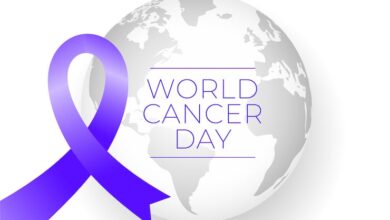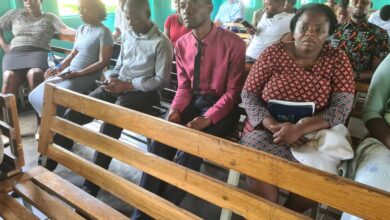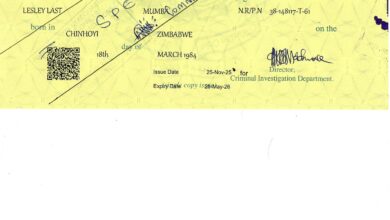Africa must prioritize integrity to unlock carbon credit potential

Silethemba Mlauzi
Africa’s burgeoning carbon credit market offers a golden opportunity for sustainable development, but only if its integrity remains intact. A recent virtual discussion highlighted the urgent need for African nations to implement robust regulations and invest in technology to prevent fraud and ensure that funds generated are used for their intended purposes, particularly benefiting communities.
“Africa must champion integrity and transparency in its carbon credit markets,” said Botswana representative Obuile Morewane. “Countries need to have clear regulations in place to ensure that the funds generated are used for their intended purposes, particularly benefiting communities.”
Experts from across the continent gathered to discuss the challenges and opportunities presented by carbon credit markets. They emphasized the importance of transparency and accountability to ensure that funds are not mismanaged or double-counted.
“We need to invest in technology to enhance transparency and prevent fraud,” emphasized Zimbabwe representative Frank Mpahlo. “Technology can play a crucial role in ensuring the integrity of carbon credit markets.”
Energy security and renewable energy sources were also key topics of discussion. The Malawian representative highlighted the importance of regional cooperation to develop complementary policies that promote energy security and renewable energy adoption. However, they acknowledged the challenges faced by African countries in accessing renewable energy resources and the high initial costs for households.
“African policies need to complement each other to ensure energy security and promote renewable energy sources,” they explained. “However, we must acknowledge that renewable energy is a relatively new concept in Africa, and access to these resources can be problematic.”
The vandalism of energy infrastructure poses a significant threat to energy security in Africa. Experts warned that this issue must be addressed to ensure a reliable supply of energy.
To encourage wider adoption of renewable energy technologies, strategies are needed to address the high initial investment costs for households. By making renewable energy more accessible and affordable, African countries can accelerate their transition to a sustainable energy future.





